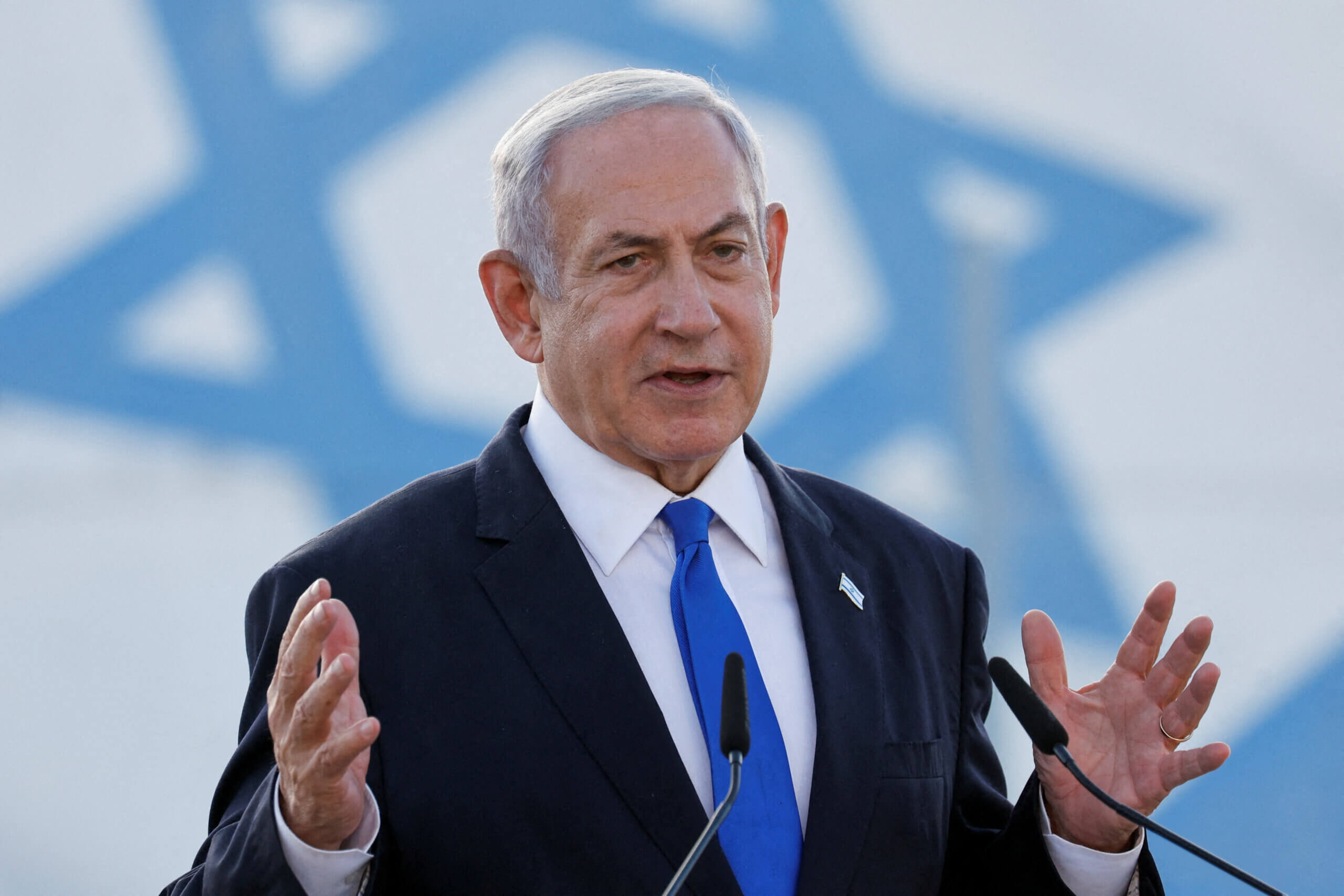In a much-anticipated development, Israel’s Prime Minister Benjamin Netanyahu is set to be discharged from the hospital following a successful medical treatment. The Prime Minister was admitted to the hospital last week for a health concern, causing widespread concern among the nation. However, after several days of intensive medical care and observation, doctors are now confident that the Prime Minister’s recovery is progressing well, and he is expected to be released from the medical facility within the next few days.
Table of Contents
Initial Health Concerns
The news of Prime Minister Netanyahu’s hospitalization sent shockwaves through the country as citizens and political figures expressed their concern for his well-being. The Prime Minister was taken to the hospital after experiencing mild chest pain and discomfort, which raised concerns about a possible cardiac event. Given his high-stress role and responsibilities, health concerns surrounding political leaders are not uncommon, and in the case of Benjamin Netanyahu, it prompted immediate and thorough medical attention.
Medical Treatment and Care
Upon admission to the hospital, the Prime Minister was placed under the care of a team of experienced doctors, specialists, and healthcare professionals. A comprehensive battery of tests and examinations was conducted to assess his overall health and determine the cause of his discomfort. Fortunately, the medical team quickly ruled out any major cardiac issues and attributed the pain to stress and exhaustion.
During his hospital stay, Benjamin Netanyahu received the best medical attention available in the country. His treatment included rest, proper medication, and a carefully monitored recovery plan to ensure his health was stabilizing. The Prime Minister’s office issued regular updates to keep the public informed about his condition, which helped alleviate some of the concerns and rumors that circulated during his time in the hospital.
Support from the Public and Political Community
Throughout his hospitalization, an outpouring of support and well-wishes flooded in from people across Israel, regardless of their political affiliations. Political leaders from various parties, including both friends and rivals of Netanyahu, expressed their hope for his swift recovery. The unity shown during this challenging time served as a reminder of the strong bond between the country and its leaders during moments of crisis.
Importance of Political Stability
Benjamin Netanyahu’s health scare also highlighted the importance of political stability in the country. As one of the longest-serving Prime Ministers in Israel’s history, he has played a significant role in shaping the nation’s policies and international relations. His leadership has been marked by both achievements and controversies, but his experience and influence have undeniably contributed to the country’s prominence on the global stage.
As Netanyahu approaches his discharge from the hospital, there have been discussions about the potential implications of his health concerns on the political landscape. While the focus remains on his recovery, the question of succession and continuity of leadership has been raised by various political analysts and media outlets.
Political Future and Succession Planning
As with any prominent political figure, planning for succession is a crucial aspect of ensuring the stability of the nation’s governance. Although Benjamin Netanyahu’s hospitalization was a wake-up call for many, the Prime Minister’s office and his party have been working on a succession plan for some time. The plan aims to identify capable leaders who can step in should such situations arise, ensuring a smooth transition of power and continued governance.
While no official statements have been made regarding Netanyahu’s plans for the future, the topic of succession has been discussed more openly in recent weeks. This event has reminded the nation of the inevitability of leadership changes and the importance of having a strong political framework in place to handle such scenarios.
Looking Ahead
As Israel eagerly anticipates the Prime Minister’s discharge, the focus is firmly on his health and recovery. Once back on his feet, Netanyahu is expected to resume his duties and responsibilities as the country’s leader. In the meantime, the medical team and the nation remain vigilant in ensuring his well-being and providing any necessary support during his recuperation.
Challenges and Opportunities Ahead
While Prime Minister Netanyahu’s health is of utmost importance, the nation faces a myriad of other challenges and opportunities that need attention. As the leader of Israel, Netanyahu has been at the forefront of addressing issues such as national security, economic growth, international relations, and the Israeli-Palestinian conflict. As he returns to his duties, these pressing matters will once again demand his attention and leadership.
National Security and Regional Stability
Israel is situated in a volatile region, surrounded by neighboring countries with diverse political landscapes. Ensuring national security remains a top priority for any Israeli government. Prime Minister Netanyahu has been known for his strong stance on security matters, particularly concerning Iran’s nuclear ambitions and the threat posed by terrorist organizations such as Hezbollah and Hamas.
With his return to office, Netanyahu will need to assess the current security situation, evaluate ongoing intelligence reports, and engage with regional partners and allies to maintain stability. Given the ever-changing dynamics of the Middle East, staying ahead of potential security challenges will require astute diplomatic and military decision-making.
Economic Prosperity and Social Welfare
The Israeli economy has shown resilience and growth under Netanyahu’s leadership. Over the years, the government has implemented various economic reforms, attracting foreign investments, promoting innovation and technology, and fostering entrepreneurship. As the nation recovers from the global economic downturn, the focus will be on accelerating economic growth and addressing socio-economic disparities.
Balancing economic prosperity with social welfare is a delicate task. Prime Minister Netanyahu’s government has faced criticism for its handling of income inequality and the rising cost of living, particularly for middle and lower-income citizens. As he returns to office, there will be expectations for concrete steps to address these issues and ensure that the benefits of economic growth are shared more equitably among the population.
Diplomacy and International Relations
Israel’s diplomatic relations have been both challenging and opportunistic during Netanyahu’s tenure. The country has faced diplomatic isolation and criticism from some international forums due to its policies in the occupied territories. Simultaneously, Netanyahu has established new diplomatic partnerships, especially with some Arab states, based on shared security concerns and economic interests.
The Prime Minister’s return presents an opportunity to reevaluate Israel’s approach to diplomacy and engagement with the international community. Striking a balance between asserting the country’s interests and building constructive relationships with global partners will be essential in navigating complex geopolitical realities.
In conclusion, the imminent discharge of Israel’s Prime Minister Benjamin Netanyahu from the hospital marks the end of a concerning chapter and a testament to the excellent medical care available in the country. This event has also underscored the significance of political stability and the need for comprehensive succession planning to ensure the continuity of leadership. As the nation awaits his recovery, it is hoped that this experience will prompt renewed discussions on the well-being of political leaders and the nation’s preparedness to handle unexpected situations in the future.








